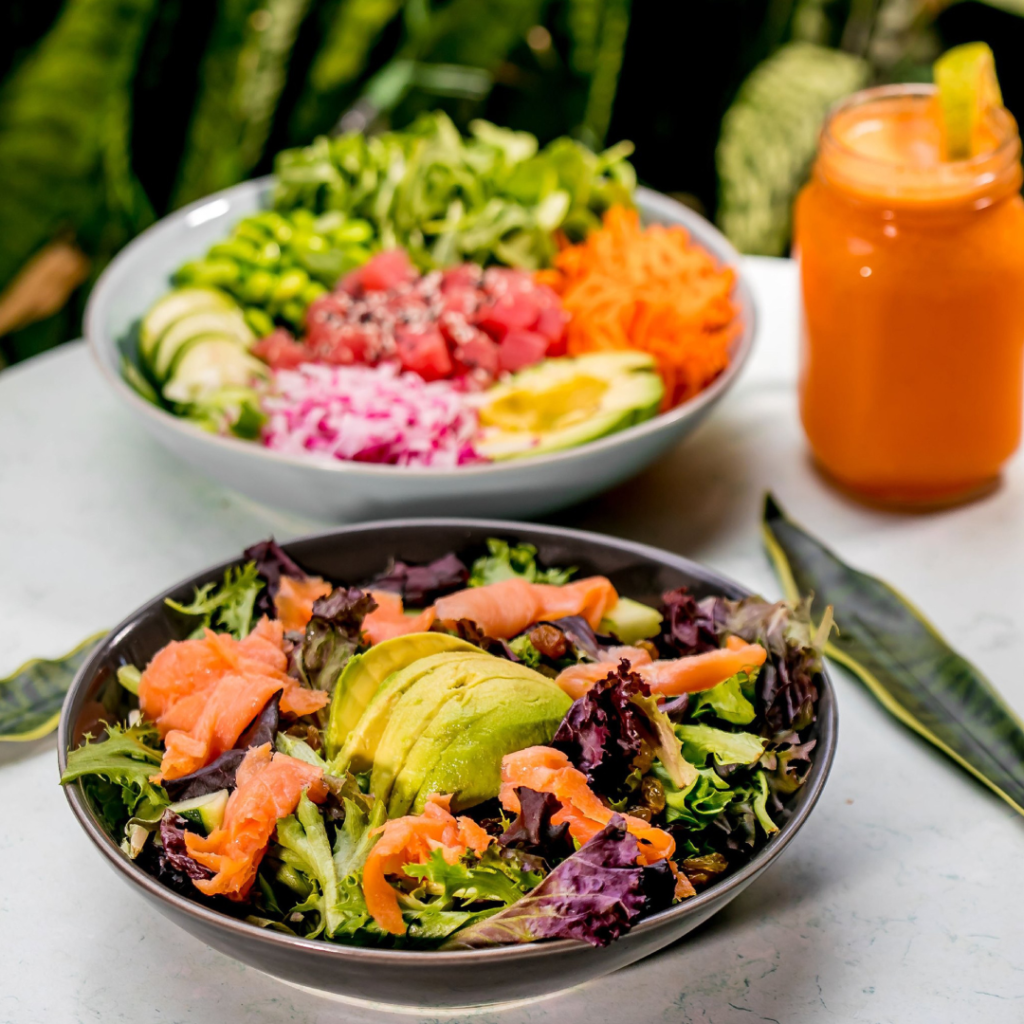Inflammation is your body’s natural response to injury or infection, but chronic inflammation can be a major contributor to issues like joint pain, fatigue, and even more severe conditions like heart disease and diabetes. While many of us think of inflammation as something caused by external factors, some of the foods we eat daily might be silently fueling this hidden fire.
This post dives into five common foods that could be contributing to inflammation in your body—and easy, delicious alternatives that can help you stay healthy, energized, and pain-free.
1. Sugary Drinks
We all know that sugar isn’t great for us, but sugary drinks like soda, sweetened teas, and even some fruit juices are especially problematic for inflammation. High amounts of added sugar can spike blood glucose levels, which may trigger an inflammatory response throughout the body.
What to Eat Instead:
Switch to infused water with fresh fruits like berries, lemon, or cucumber, which add flavor without added sugars. For something sweeter, try unsweetened herbal teas or sparkling water with a splash of pure juice. These alternatives will satisfy your taste buds without the inflammation-promoting sugars.
2. Refined Carbohydrates (White Bread, Pasta, and Pastries)
Refined carbs, found in everyday foods like white bread, pasta, and pastries, have been stripped of fiber and essential nutrients. These “empty carbs” are digested quickly, leading to a rapid rise in blood sugar levels and potential inflammation. Regularly consuming refined carbs is linked to a higher risk of conditions like type 2 diabetes and heart disease.
What to Eat Instead:
Opt for whole grains like brown rice, quinoa, or whole-wheat bread and pasta. These alternatives are packed with fiber, which not only supports digestive health but also helps keep blood sugar levels stable, reducing inflammation. Swapping refined grains for whole grains is a simple step with big benefits for your health.
3. Processed and Red Meats
Sausages, hot dogs, bacon, and other processed meats contain compounds like advanced glycation end-products (AGEs) that can trigger inflammation when heated or preserved. Additionally, diets high in red meat are associated with increased levels of inflammatory markers, potentially raising the risk of heart disease and certain cancers.
What to Eat Instead:
Consider plant-based proteins like lentils, beans, and chickpeas, or lean protein sources like chicken, turkey, and fish (especially fatty fish like salmon, which is rich in omega-3 fatty acids known for their anti-inflammatory properties). Cutting back on processed meats in favor of these alternatives can help support your body’s anti-inflammatory defenses.
4. Fried Foods
French fries, fried chicken, and other deep-fried treats are delicious but contain unhealthy trans fats and high levels of AGEs, which can both promote inflammation. Fried foods are often prepared at high temperatures, causing oils to become unstable and increase inflammatory responses in the body.
What to Eat Instead:
Try baked or air-fried versions of your favorite foods. For example, baked sweet potato fries are a nutrient-dense alternative to traditional fries and contain vitamins A and C, which have natural anti-inflammatory properties. Using healthy fats like olive oil or avocado oil for cooking can also make a big difference in reducing inflammation.
5. Dairy Products (for Some People)
While dairy isn’t inherently inflammatory, many people are sensitive or intolerant to lactose or proteins found in milk, which can lead to digestive discomfort and inflammation. For those with lactose intolerance or dairy sensitivity, consuming milk, cheese, or yogurt may exacerbate bloating, cramps, and inflammation.
What to Eat Instead:
Choose non-dairy alternatives like almond milk, coconut yogurt, or oat-based cheese substitutes, which are less likely to cause inflammation and are often fortified with essential nutrients. If you enjoy dairy and don’t experience issues, look for organic, hormone-free dairy options to keep your choices as clean as possible.
Final Thoughts: Small Changes, Big Benefits
Inflammation can be affected by a variety of factors, but making small changes to your diet is one of the most effective ways to support your body. By swapping out a few common inflammation-triggering foods for nourishing alternatives, you can start feeling more energized, less achy, and healthier overall.
Ready to take control of your diet and reduce inflammation?
Try incorporating these anti-inflammatory swaps into your daily meals and notice the difference in how you feel!
Disclaimer: This post is for informational purposes only and is not a substitute for medical advice. Always consult a healthcare provider before making any major dietary changes, especially if you have a health condition.

